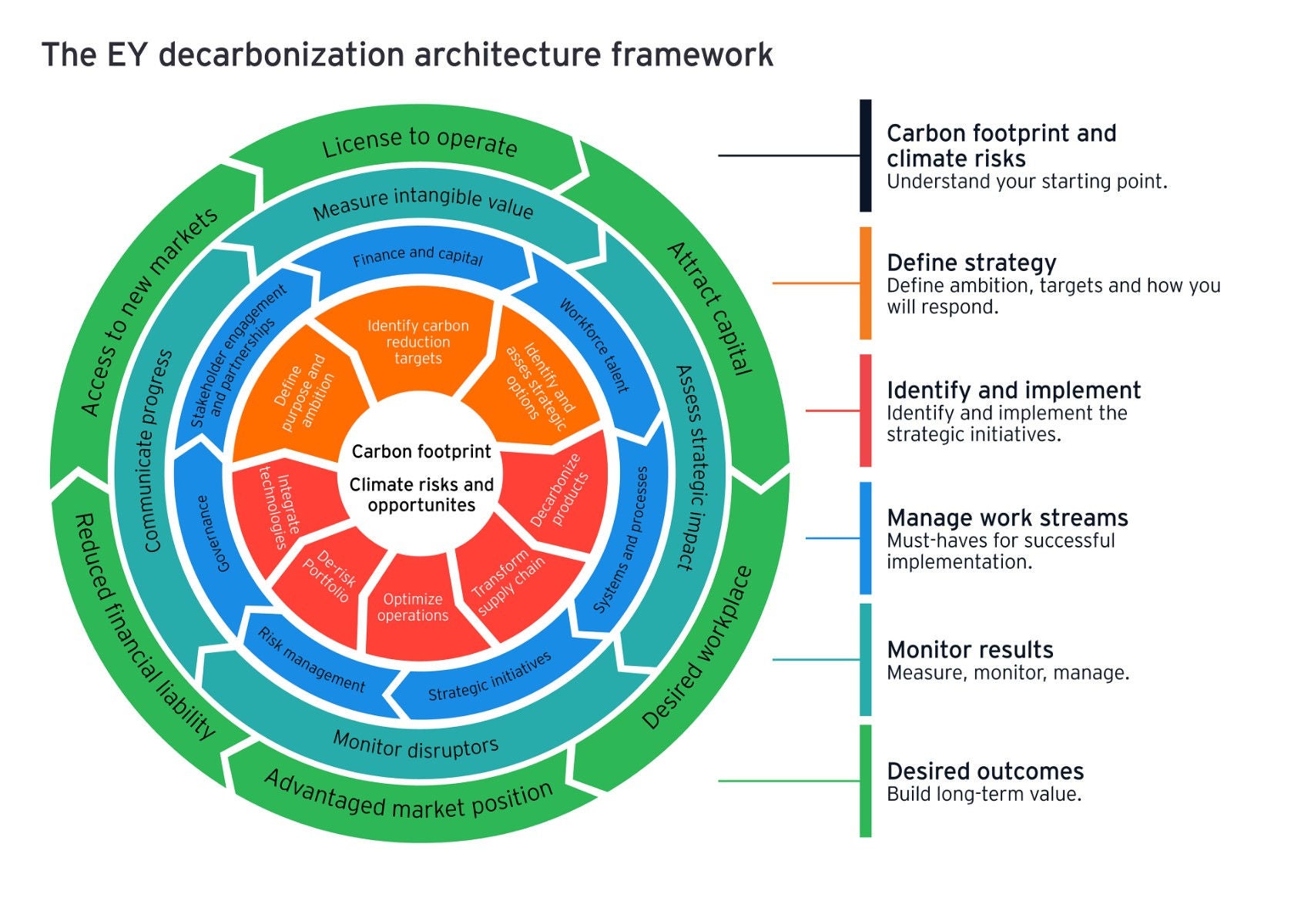EY refers to the global organization, and may refer to one or more, of the member firms of Ernst & Young Global Limited, each of which is a separate legal entity. Ernst & Young Global Limited, a UK company limited by guarantee, does not provide services to clients.
How EY can help
-
Discover how EY's Supply Chain Transformation solution can help your business move towards fully autonomous, connected supply chains that drive business growth.
Read more
ESG is not a new topic on C-suite agendas, and the business case for action is well-established. For example, supply chain sourcing and manufacturing has long focused on human rights aspects — such as child labor and working conditions. Some large companies have closely monitored their suppliers for their carbon footprint and sustainability key performance indicators. Forward-thinking retailers have targeted energy savings tied to operating their physical stores to reduce their overall environmental impact, and they have improved transportation routes and leveraged hybrid vehicles for last-mile delivery. Consumer packaged goods companies have focused on reducing their packaging and reducing their water usage. And even health systems are looking to improve energy efficiency of their hospitals and power their generators with on-site solar panels.
Yet regulatory action this year in the US, with new momentum from the Biden Administration, has added greater urgency to the debate, as well as the need to consider ESG more broadly within supply chains. For instance, the SEC hosted a public consultation process on climate-related disclosures, and its spring 2021 rulemaking list includes a proposed rule on climate change disclosure, among other ESG topics. More change is on the horizon in what companies will need to provide not just in their operations but in their supply chains. The Biden administration has also issued executive orders on environmental sustainability and its impact on the economy, most recently to drive more responsibility among financial institutions on climate disclosures and financing. Globally, the US has also rejoined the Paris Agreement on climate change.
Investors and consumers are also compounding the pressure to act. In an EY survey of global institutional investors from 2020, 73% of respondents said they will devote considerable time and attention to evaluating the physical risk implications of climate change when they make asset allocation and selection decisions, and 71% said the same of transitionary risks. Among consumers, 49% say they will prioritize the environment and climate change in how they live and the products they buy, according to the EY Future Consumer Index in March 2021. (And 26% say sustainability will be their most important purchase criteria three years from now.)





